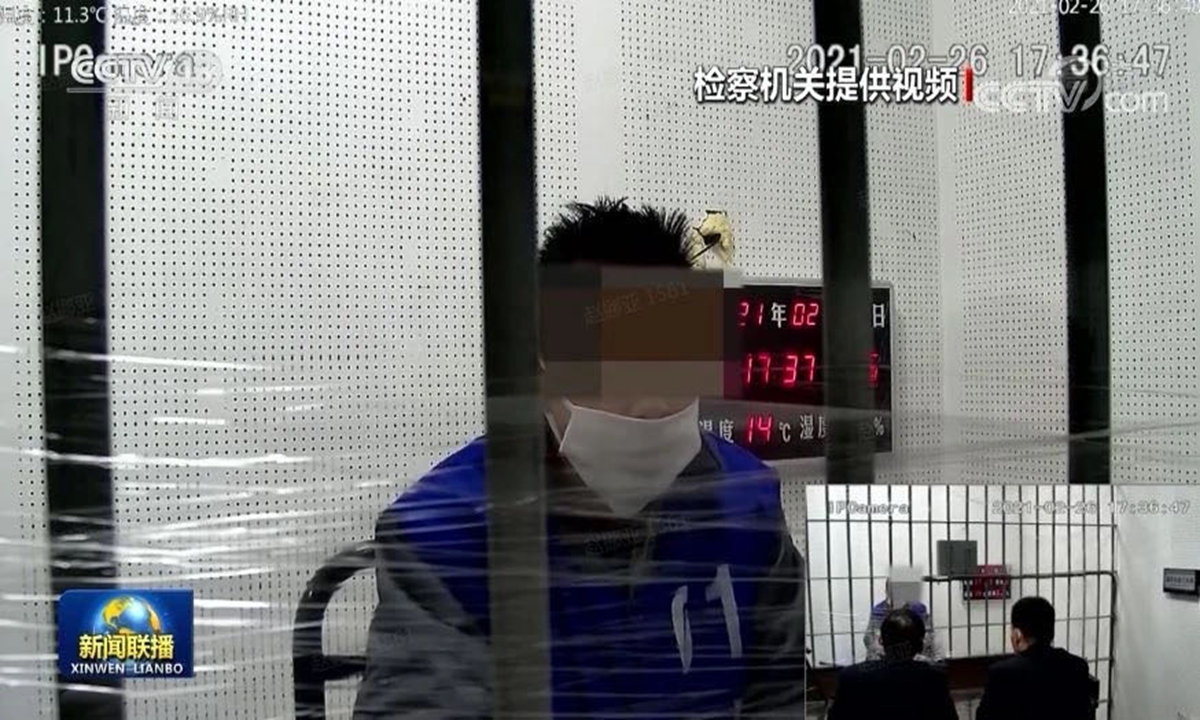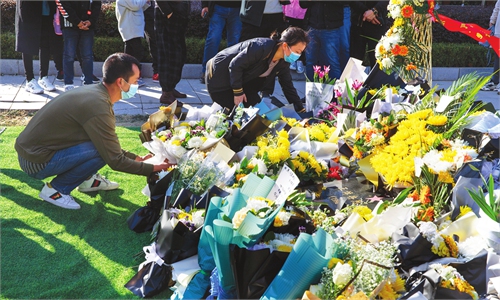
Screenshot of Labi Xiaoqiu apologizing.
Qiu Ziming, an internet celebrity with more than 2.5 million followers, received a jail term of eight months for defaming martyrs on Monday, in China's first such reported case since a new amendment was attached to the Criminal Law.
Qiu, known as "Labixiaoqiu" online, was also ordered to publicly apologize through major domestic portals and the national media within 10 days to eliminate the negative impact, a court in Nanjing, East China's Jiangsu Province ruled.
The court held that Qiu had truthfully confessed to his crime, entered a guilty plea and said in court that he would never commit the crime again. The sentence was therefore lighter.
On February 19, Qiu released false information on China's Twitter-like social media platform Sina Weibo, smearing the four heroes who were killed when dealing with the Indian military's illegal trespassing of the Galwan Valley Line of Actual Control. He was detained a day later for stirring up trouble that brought about a severe negative social impact. Qiu's Weibo account was also suspended.
On March 1, Qiu made an open apology for his misbehavior during the prime time national news broadcast on China's state broadcaster CCTV.
"I feel extremely ashamed of myself, and I'm very sorry," the internet celebrity, 38, said in remorse. "My behavior was an annihilation of conscience."
This was the first reported case of a suspect being charged with defaming martyrs after China's top legislature added relavant clauses to the Criminal Law.
A total of 22 clauses, including those on defaming martyrs, attacking the police and disturbing the operation of public transportation, were added to the Criminal Law in a supplementary regulation. These clauses came into effect on March 1, showing China's efforts to protect heroes' and martyrs' reputations, and crack down on online humiliation or insults against them.
According to the revised law, those who insult, slander or otherwise defame the reputations and honor of heroes and martyrs shall be sentenced to fixed-term imprisonment of not more than three years or criminal detention if the circumstances are serious.
Global Times


